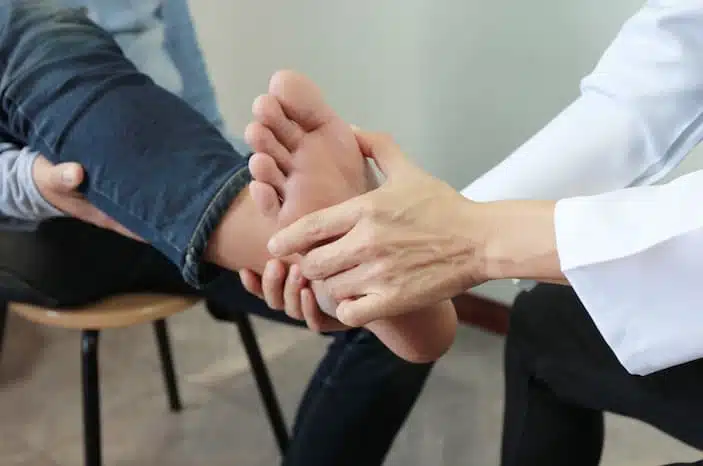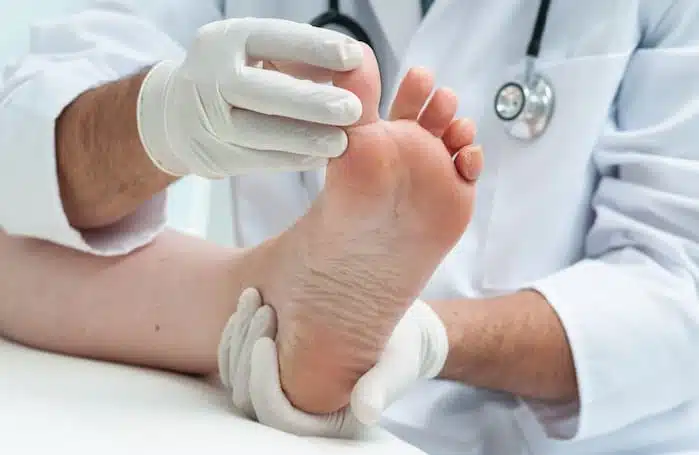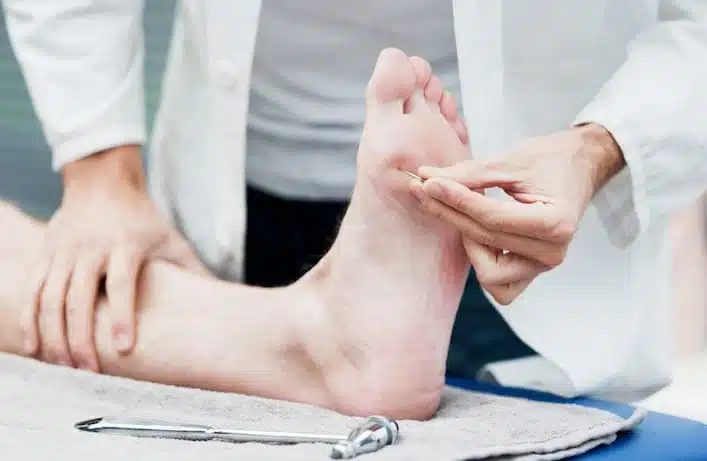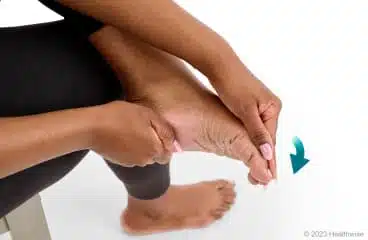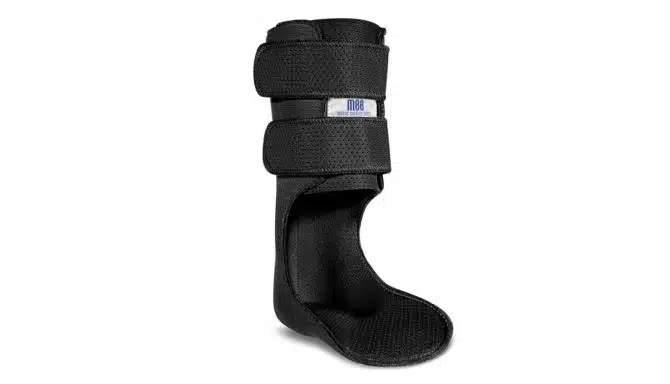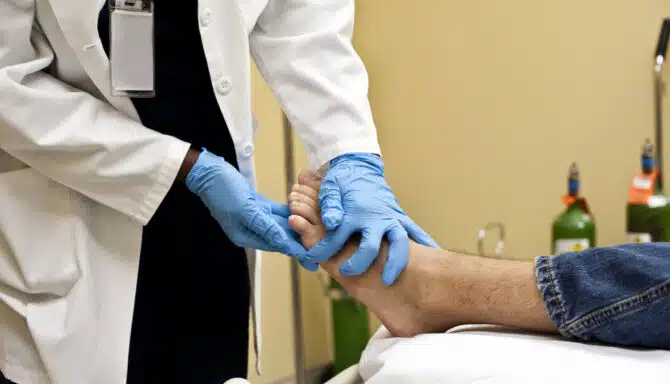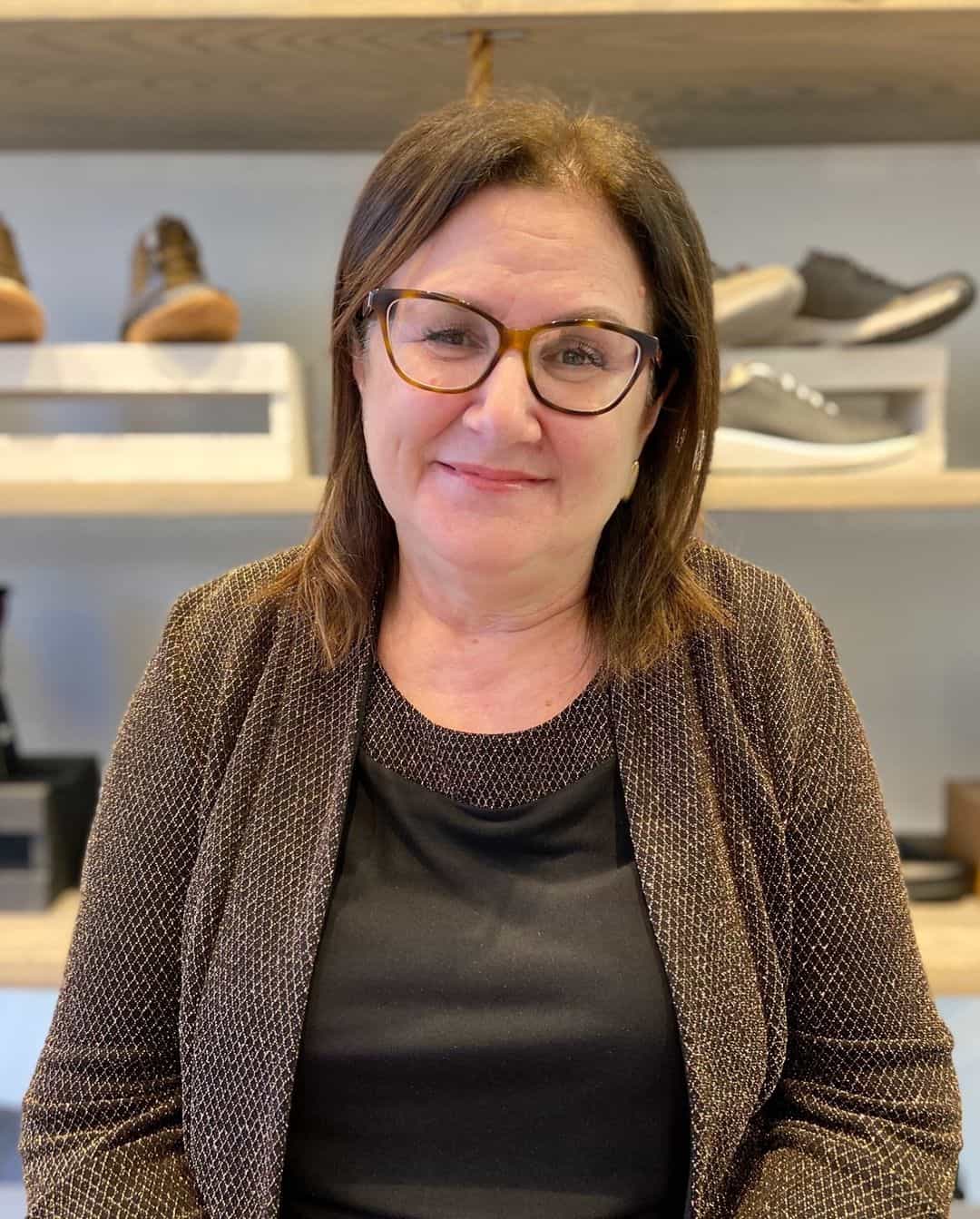You should not take foot conditions lightly. Many start with minor symptoms that you can easily brush off, but they may soon progress into an issue that impedes your daily life. Regular foot exams are the number one way to be proactive about your foot health.
The concept of a foot exam is self-explanatory: a specialist will take a close look at your feet and pinpoint any disconcerting abnormalities, whether minor or severe. This will help clarify whether you have a foot conditions and, if so, its severity. Then you can implement ways to prevent the condition from worsening, get rid of it entirely or learn to successfully live with it.
Let’s take a closer look at foot exams, what they entail and who needs them the most!
Facts About Foot Exams
- A foot exam includes a physical examination of the feet and lower legs. The chiropodist will assess your range of motion and joints, but they will also pay close attention to your nail and skin health. They will also consider the shape of your feet and look for deformities, such as bunions. They may also assess the biomechanics of your feet.
- Foot exams are equal parts educational and preventative. For example, you may learn something about your feet that you didn’t know, like your arch type (flat feet vs. high arches).
- While it’s true that some people need foot exams more than others, you don’t have to have a serious foot condition to book a foot exam. It’s okay to schedule one as a means of being proactive and having peace of mind.
- When a chiropodist performs a foot exam, they will consider any symptoms you mention. For instance, if you tell them you have recently been experiencing heel pain, they may suspect you have plantar fasciitis and recommend ways you can treat it and feel better.
- Exams can be a good way to assess your healing progress after sustaining one of many foot injuries. Whether it’s an ankle sprain or a broken toe, it’s always good to ensure you’re on the mend. This is only recommended after the acute treatment phase passes.
Foot Exams For Early Detection and Prevention of Serious Medical Issues
For some people, foot exams are just as critical as cancer screenings. For example, diabetic foot care can save lives.
The National Library of Medicine notes that people with diabetes should get a foot exam at least every year due to microvascular, neuropathic, and biomechanical changes to the foot. If the patient has a series of noticeable foot complications or peculiar symptoms, they can see their chiropodist for an exam every six months or less. These symptoms may include:
- Tingling
- Numbness
- Pain
- Difficulty walking
- Swelling
- Burning
Without annual foot assessments, it can be easy to miss critical wounding since people with diabetes often don’t feel sensations in their lower extremities. The exact term for this is diabetic neuropathy, and it occurs after microvascular changes start restricting blood flow to the body’s limbs and feet.
Diabetic foot care is a series of routine foot assessments performed by a chiropodist at a foot and ankle clinic. An evaluation can determine the severity levels of diabetic neuropathy. Furthermore, a thorough exam can detect the presence of wounds, cuts and scrapes before they get worse.
As far as complications go, wounds can often turn into diabetic ulcers. Around 15% of diabetes patients experience a diabetic ulcer in the foot, and as many as 24% of those patients will need an amputation. This can have a devastating impact on someone’s overall quality of life and is why foot exams are crucial for people suffering from this disease.
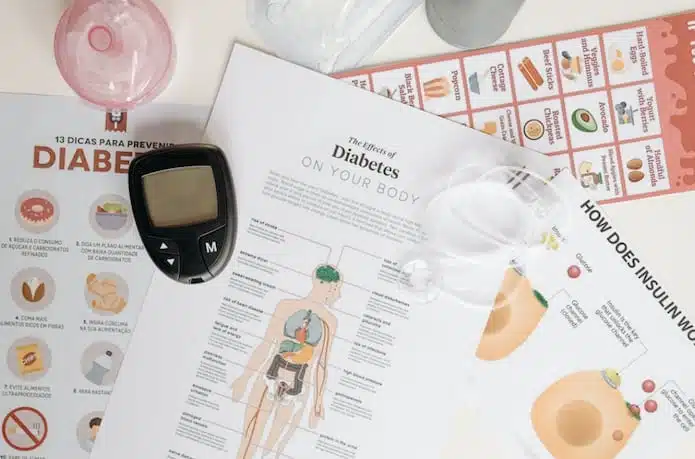
Aging and Foot Assessments
When you get older, all of the ligaments and tendons in your feet get weaker. UCLA Health notes that, as a result, your feet can flatten, and your toes and foot length can increase. Many older people don’t realize these changes are occurring and assume they are the same shoe size.
But with recurrent foot exams, a chiropodist will be able to pinpoint when these changes start to happen. A foot specialist can also monitor these changes and keep their eyes peeled for bunion and hammertoe development, which are much more likely to occur in seniors, particularly women. Your chiropodist may also advise you to change your footwear since wearing the same ill-fitting shoes can majorly contribute to several foot conditions.
Different types of arthritis are also a common risk for older feet. With foot exams, you’ll gain knowledge about the likelihood of onset arthritis. This will help you get a head start in managing this condition, which may include implementing a healthy exercise routine.
Foot exams are also important for detecting other conditions commonly found in older people before they start impeding mobility. These include corns, calluses and toenail fungal infections.
